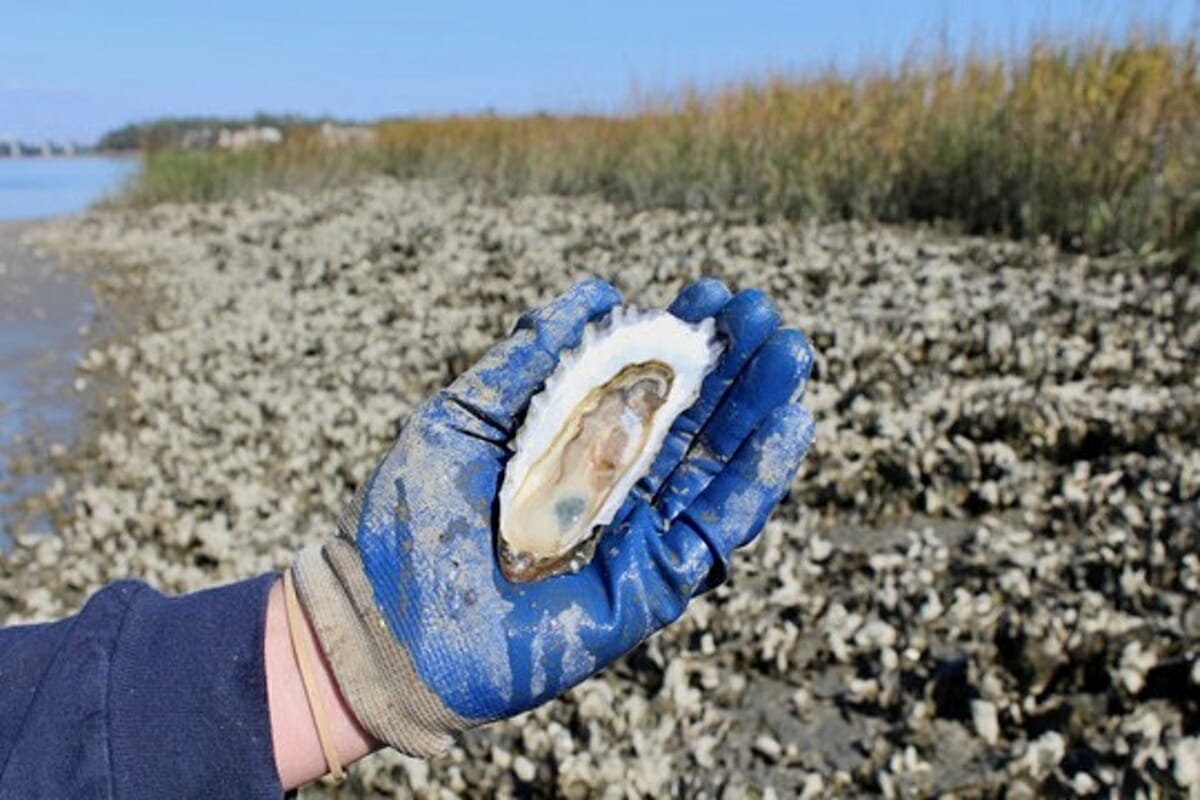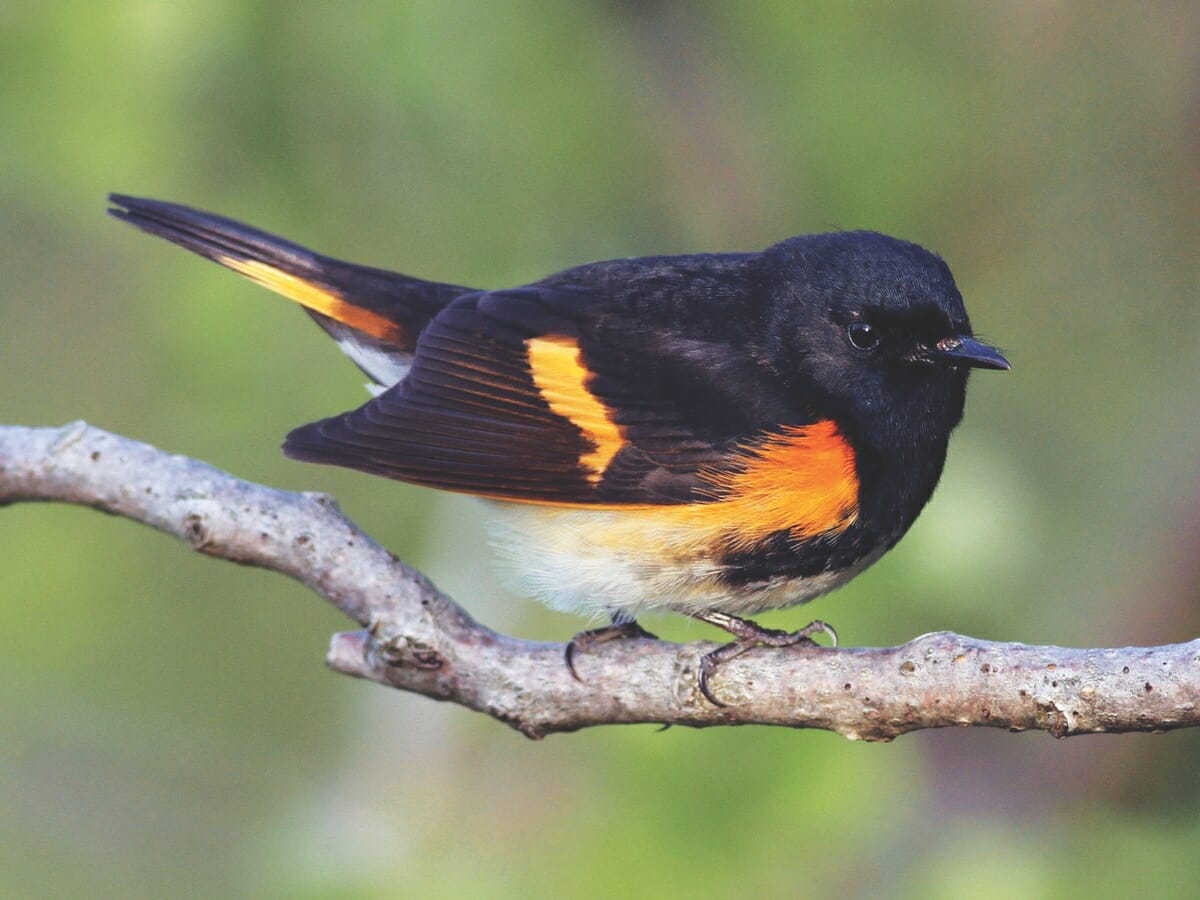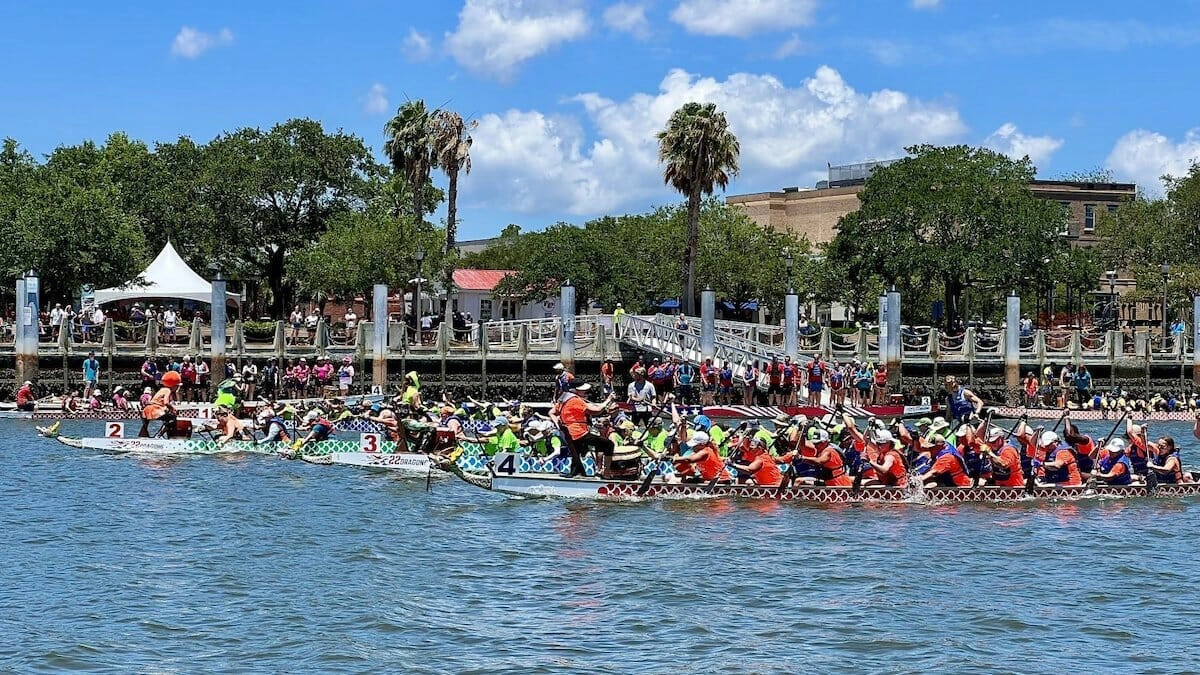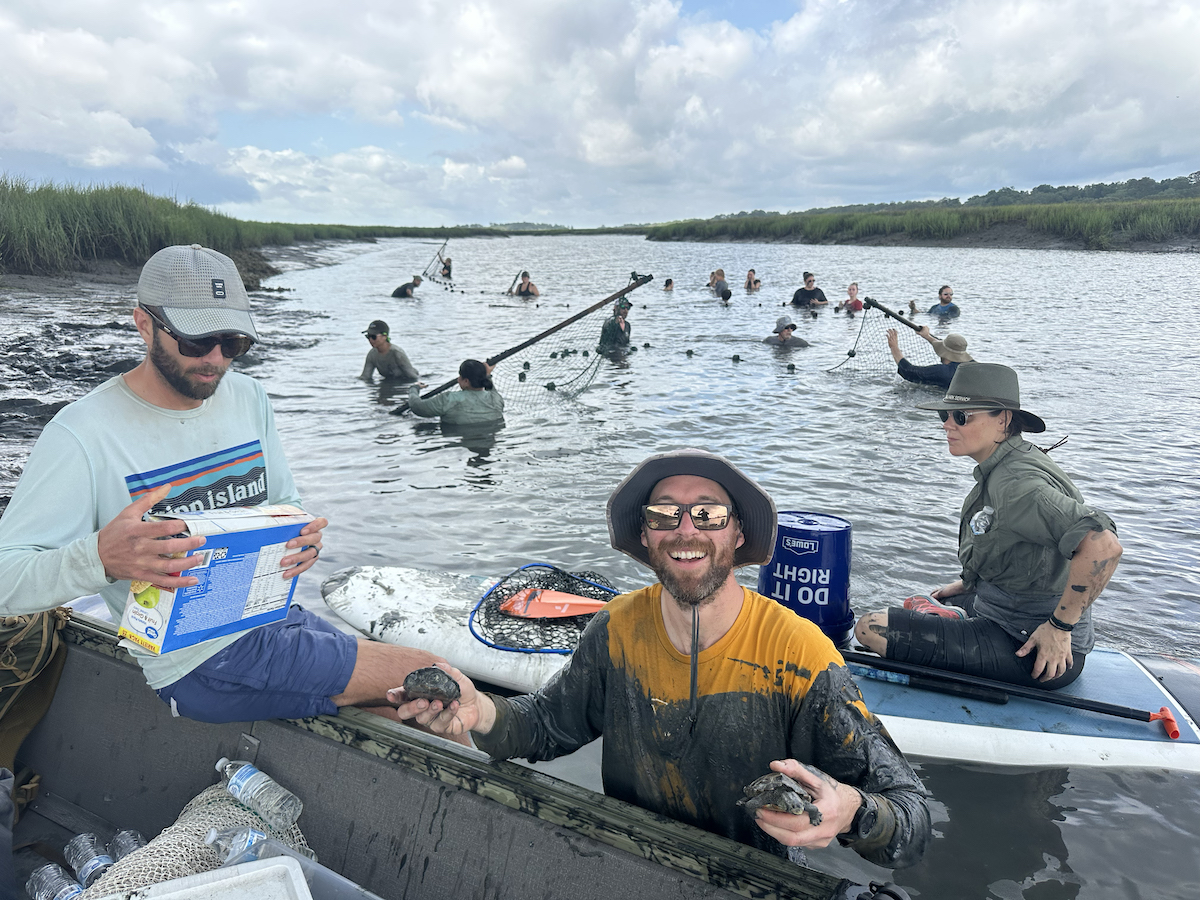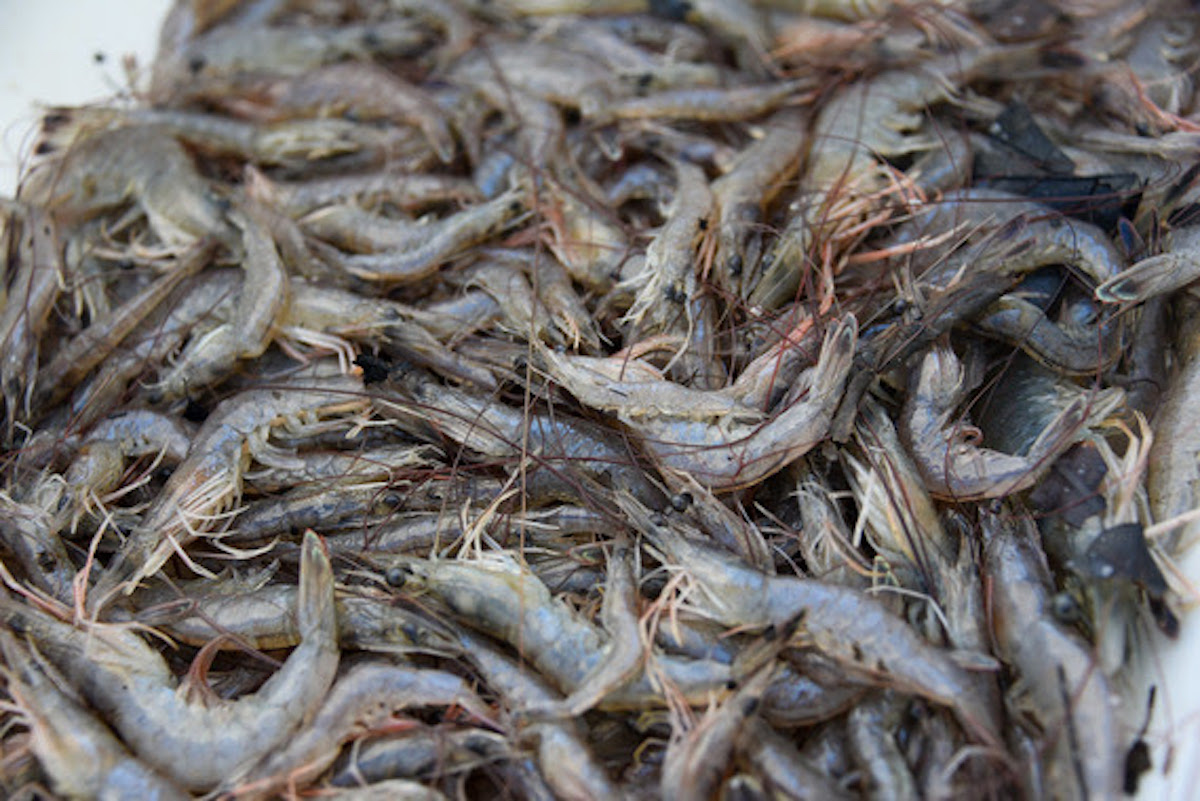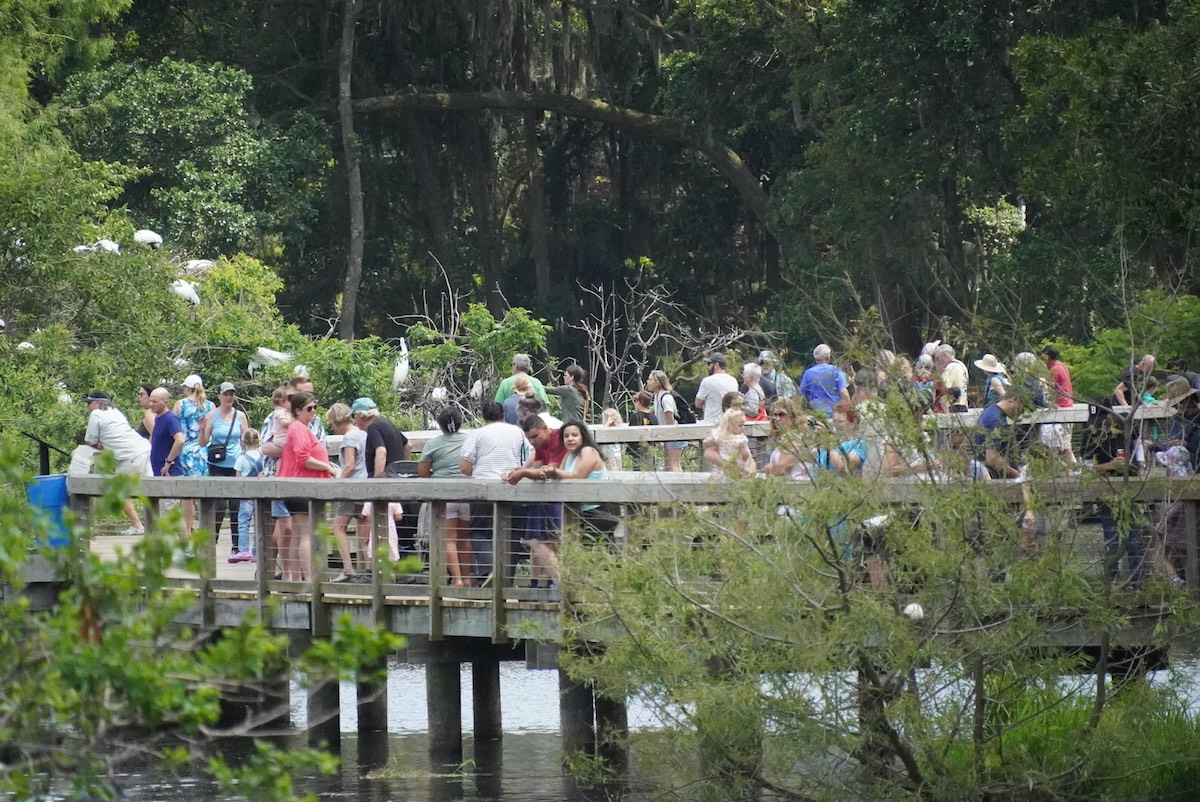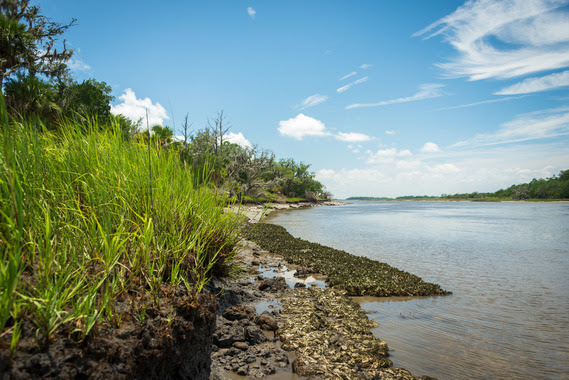From the SCDNR
Oyster lovers take note: The 2020-2021 season for recreational harvest of shellfish (clams and oysters) in coastal waters of South Carolina is set to open one-half hour before official sunrise on Thursday, Oct. 1. The recreational shellfish season will remain open through May 15, 2021, unless conditions warrant extending or shortening the season.
In the event of another hurricane, major rain event, or pollution spill, shellfish beds may be temporarily closed by the South Carolina Department of Health and Environmental Control (DHEC). It is important for harvesters to check with DHEC to verify whether any closures are in effect. This information is available at 1-800-285-1618 and can be viewed on an interactive map at the DHEC website.
DHEC will use these resources and your local newspaper throughout the year to announce temporary closures due to unusual rain events or spills.
The SCDNR maintains State Shellfish Grounds for commercial and recreational harvesting of clams and oysters. Twenty Public Shellfish Grounds and 13 State Shellfish Grounds are managed exclusively for recreational gathering. An additional 52 State Shellfish Grounds are managed for recreational and commercial harvest. All state-managed grounds are posted with boundary signs.
Recreational harvesters should obtain updated Public or State Shellfish Ground maps at the beginning of each season, as areas open to harvest change from year to year. Maps of designated harvest areas may be downloaded from the SCDNR website or accessed online through the Recreational Map Web Application. Printed maps may also be obtained by calling 843-953-9854 or writing the Shellfish Management Section, Attn: Ben Dyar, SCDNR, PO Box 12559, Charleston, S.C. 29422-2559. When requesting maps, please specify the general area where you wish to harvest. Maps for the 2019-20 season will be available prior to season opening on October 1, 2020.
Recreational harvesters must have a Saltwater Recreational Fishing License, available from SCDNR at many fishing supply stores, and online. The recreational limit is two U.S. bushels of oysters and one-half bushel of clams in any one day, limited to two calendar days per seven-day period. One U.S. bushel is equal to 8 gallons. There is a maximum possession of three personal limits per boat or vehicle. Clams must be at least 1 inch in thickness.
Additional rules and restrictions may be found in the SCDNR Rules and Regulations, available where licenses are purchased or online.
Commercial harvest of shellfish requires a commercial saltwater license, mandatory harvester training, and other licenses and permits depending on where the harvest will occur. Call the Marine Permitting Office at 843-953-0453 for additional information on commercial harvesting requirements.
All harvesters are encouraged to “cull in place,” leaving dead shell and smaller oysters on the shoreline where they will continue to grow and provide habitat for future generations of oysters.
Oyster consumers are encouraged to recycle their shells. Check onlineor call 843-953-9397 to find locations near you where shell can be dropped off for recycling. SCDNR uses saltwater recreational fishing license revenues to construct and enhance renewable oyster resources in the coastal counties by replanting recycled shell. All shell collected by the SCDNR is used to restore shellfish grounds in coastal South Carolina.
TIPS FOR RECYCLING YOUR OYSTER SHELLS
– DO bring your shell to the nearest shell recycling center. Drop-off locations are available online. If a center is not shown near you, please call 843-953-9397.
– DO separate shell from trash. Shell mixed with trash (including shell in bags or containers) is not suitable for recycling. If you host an oyster roast, please provide separate containers for shells and trash.
– DON’T put live or freshly shucked oysters in South Carolina waters. If the oysters you purchased were harvested outside South Carolina, it is illegal to place them in S.C. waters. Placing live oysters in our waters can harm local oysters by spreading disease. To avoid contamination, shell should be recycled through SCDNR and properly


